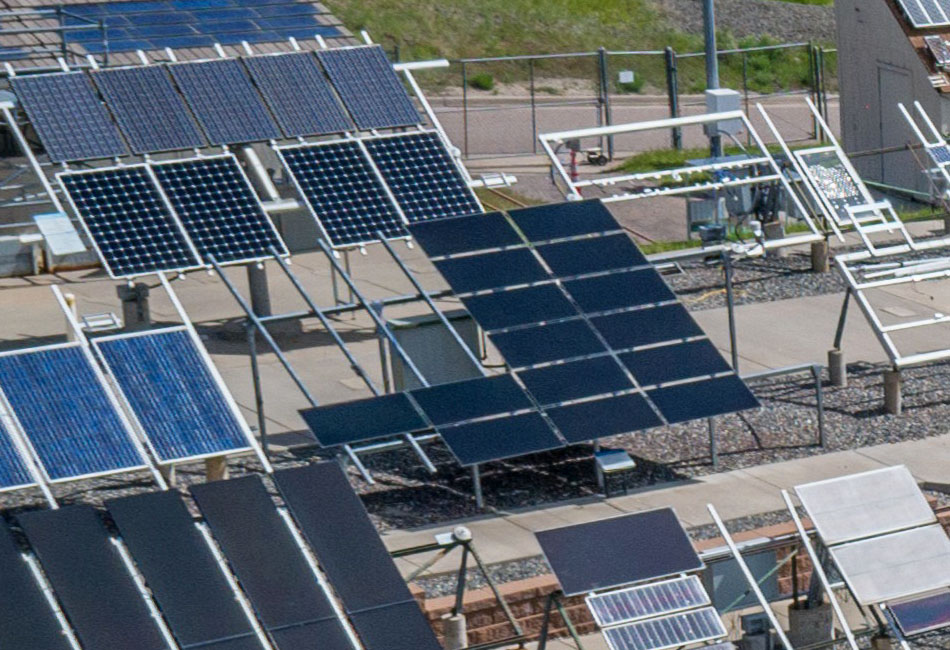According to a media report citing US energy secretary Jennifer Granholm, First Solar, a solar manufacturing company from the US, is planning to invest "billions of dollars" to establish solar panel production in India. The company's venture aims to ensure that the materials used for production are not sourced from China. Additionally, the energy secretary hinted at ongoing discussions between India and Tesla regarding potential investments in the country.
"The notion of scale comes from India, while the US contributes with its laboratories and efforts to incentivize production. This combination is beneficial for both countries in achieving their respective goals," said Granholm in an interview with The Economic Times. She also highlighted the financial support from the US Development Finance Corporation for the renewable energy sector.
During the India-US Strategic Clean Energy Partnership meeting on July 18 in New Delhi, Granholm revealed that Tesla is engaged in discussions with the Indian government regarding their investment plans in the country.
Last month, Prime Minister Narendra Modi visited the United States and met with Tesla CEO Elon Musk. During their meeting, Musk praised the Prime Minister for encouraging Tesla to make substantial investments in India. He further expressed the company's intention to pursue this opportunity, with careful considerations given to the appropriate timing.
After meeting with India's oil and gas minister, Hardeep Puri, Granholm emphasized the significance of India as a crucial partner in the clean energy transition.
During the ministerial meeting of the US-India Strategic Clean Energy Partnership (SCEP), Granholm highlighted that the global energy transition, shifting from fossil fuels to renewables like wind and solar, is expected to create a market worth USD 23 trillion by 2030. American companies are keen on forging closer ties with Indian firms to capitalize on this opportunity.
According to PTI, she explained that the US must add 2,000 gigawatts of clean energy to its electric grid by 2035 to achieve the goal of relying entirely on clean energy sources for electricity, prompting the need for extensive efforts and partnerships.
Granholm stressed the necessity for collaboration and learning from those who excel in clean energy implementation and scalability in order to effectively address the challenges posed by such an ambitious transition.
India has declared ambitious targets, including achieving net zero emissions by 2070 and meeting 50 per cent of its electricity needs from renewable sources by 2030. It aims to establish 500 gigawatts (GW) of renewable energy capacity, reduce the emissions intensity of its economy by 45 per cent, and cut down a billion tonnes of CO2.
These shared objectives create opportunities for collaboration, leading to the establishment of the SCEP.
During the meeting on Tuesday, both parties acknowledged the increasing importance of bilateral energy cooperation between their countries. They emphasized the critical significance of clean energy engagement and highlighted the accomplishments of the SCEP in enhancing energy security, fostering innovation in clean energy, addressing climate change, and generating employment opportunities.






.jpg)